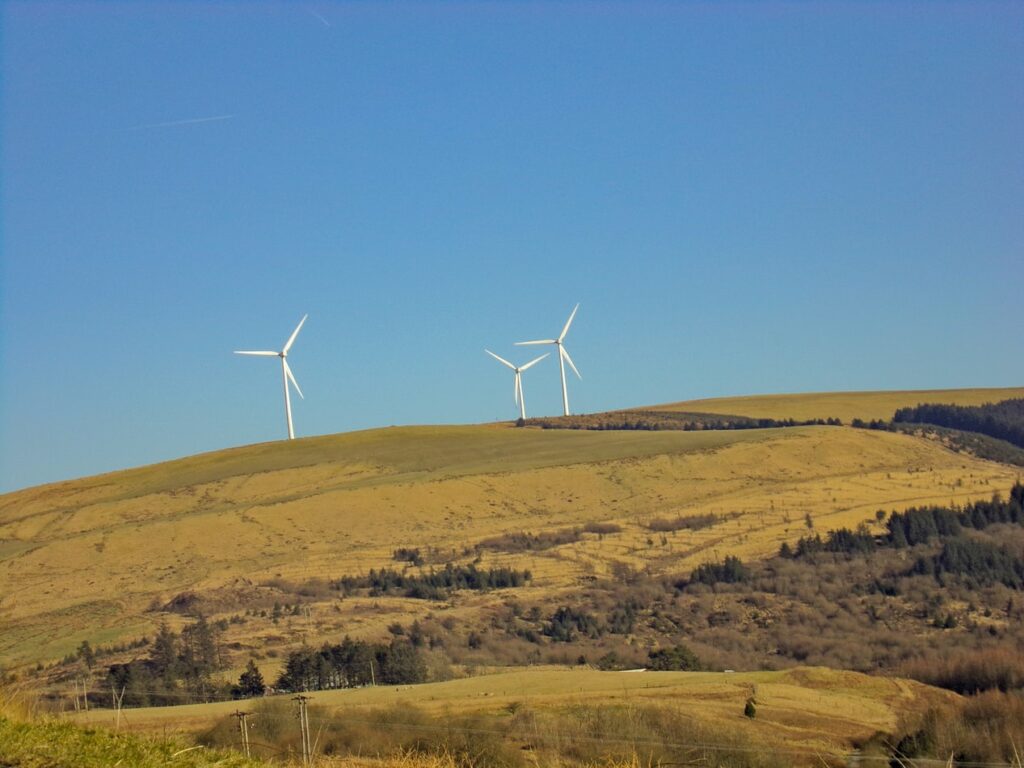Majority of smaller businesses in Wales don’t understand ‘carbon jargon’, new British Business Bank research reveals

Three quarters (75%) of smaller Welsh businesses don’t understand how the term ‘Net Zero’ applies to them
The majority of smaller businesses[1] in Wales don’t understand how common environmental terms such as ‘net zero’, ‘carbon neutral’ and ‘carbon footprint’ apply to their businesses, according to new research commissioned by the British Business Bank.
The Opinium survey of 1,000 senior decision makers in smaller businesses found that three in five (60%) believe the language, terminology and information around emissions reduction are overcomplex.
‘Carbon jargon’ terms misunderstood by businesses in Wales include:
- Greenhouse gas emissions: 77% of businesses did not have a full understanding of the term and what it meant for their business
- Net Zero: 75%
- Decarbonisation: 67%
- Carbon Neutral: 67%
- Carbon Footprint: 58%
The confusion over the terms aligns with data in the survey which states that just four percent of smaller Welsh businesses say reducing their carbon footprint and environmental impact is their biggest business priority in 2022. However, almost two thirds (59%) say they would find more information and advice about taking action to measure and reduce their business’ carbon emissions helpful.
Over half (52%) wanted advice on measuring their business’ carbon footprint and a similar proportion (48%) wanted information to help work out if reducing carbon emissions makes financial sense for their business.
The findings also outline a significant amount of apathy among smaller businesses in Wales in relation to their role in achieving climate targets, with nearly three in five (56%) believing their businesses are not going to make a significant difference overall. And nearly four in five (77%) agreeing that large corporations are responsible for the majority of business carbon emissions in the UK. The British Business Bank’s Smaller businesses and the transition to net zero report, published in October 2021, found that smaller businesses account for around half (50%) of total emissions from UK businesses[2].
Despite assuming a lack of responsibility for business carbon emissions, over half (51%) of those surveyed were aware that regulation may be introduced relating to the Government’s net zero target and that it could have an impact on how they ran their business, although one in five (20%) remain unaware this could be the case.
#GreenToGrow
The British Business Bank’s #GreenToGrow campaign, launching today, aims to demystify and alert smaller businesses to the commercial benefits of investing in decarbonisation. Resources include a new ‘Green Decoder’, an online guide designed to help smaller businesses decipher the terminology surrounding decarbonisation.
The British Business Bank’s online Finance Hub also provides a series of guides and information about green issues and how smaller businesses can start their journey towards net zero.
Mark Sterritt, UK Network Director Wales at the British Business Bank, said: “Smaller businesses are far too often put off by the overcomplex ‘carbon jargon’ that comes with reducing emissions. By helping decipher some of the terminology around decarbonisation, the British Business Bank hopes to show smaller businesses that simple, incremental changes, such as switching off equipment when not in use can make a difference in their net zero transition.
“This will become an increasingly important businesses requirement. Given that many consumers now consider sustainability when they make a purchase, by becoming greener, smaller businesses can enhance their competitive edge and expand their customer base.
“Our new mission at the Bank is to continue to drive sustainable growth across the UK, and to enable the transition to a net zero economy, by improving access to finance for smaller businesses. This new #GreenToGrow campaign will help more Welsh businesses find the information they need to move toward transition.”
[1] All references to smaller businesses refer to small and medium-sized businesses, defined as businesses having 0-249 employees, based in the UK
[2] British Business Bank ‘Smaller businesses and the transition to net zero’ research October 2021




